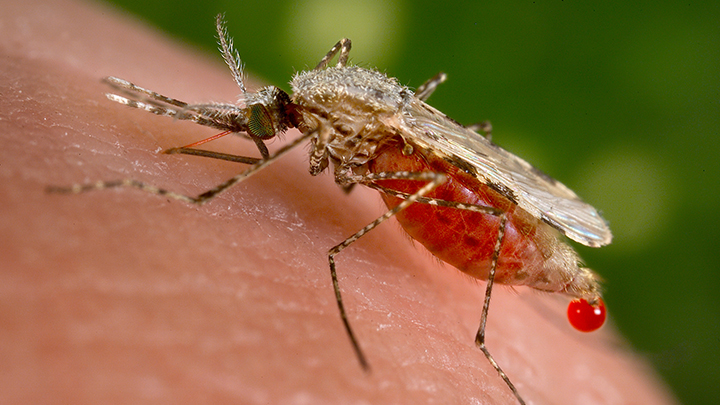A species of mosquitoes that had not been reported in Africa before has been found in cities in Ethiopia, Djibouti and Sudan raising disturbing concerns for malaria infections in the region.
The Anopheles stephensi, the main mosquito that commonly causes malaria in India, was first detected in Africa only a few years ago, according to the new research.
Malaria has customarily been a disease linked to rural areas but the discovery of the new species in African cities may result in a sharp rise in malarial infections in the urban centers.
The new findings were published by researchers from the Radboud University Medical Centre in Netherlands and the Armauer Hansen Research Institute in Ethiopia.
The Anopheles stephensi is reported to breed particularly well in containers with clean water unlike most of its African counterparts that reproduce especially in rural areas.
Read More
The new invasive species can also spread local malaria strains very effectively, revealed Teun Bousema, Professor of Epidemiology of Tropical Infectious Diseases at the Radboud University Medical center in Nijmegen.
“That is why we performed mosquito feeding experiments with the blood of Ethiopian malaria patients. This allowed us to determine whether the local malaria parasite can develop in the new mosquito,” said Bousema.
He added, “The Asian mosquito turned out to be even more susceptible to local malaria parasites than our Ethiopian mosquito colony. This mosquito appears to be an extremely efficient spreader of the two main species of malaria.”
The researchers called for immediate action saying the spread of the new mosquito species is “a major potential threat to malaria control and elimination in Africa and southern Asia".
“Only if we act quickly can we prevent the spread to other urban areas on the continent. We must target the mosquito larvae in places where they now occur and prevent mosquitoes from spreading over long distances, for example via airports and sea ports,” said Dr Fitsum Tadesse of Addis Ababa University.
He added, “If that fails, the risk of urban malaria will rise in large parts of Africa".
Close to 60 mosquito species that have the potential to spread malaria to humans exist with the deadly disease causing close to 400,000 deaths globally each year, most in sub-Saharan Africa.












